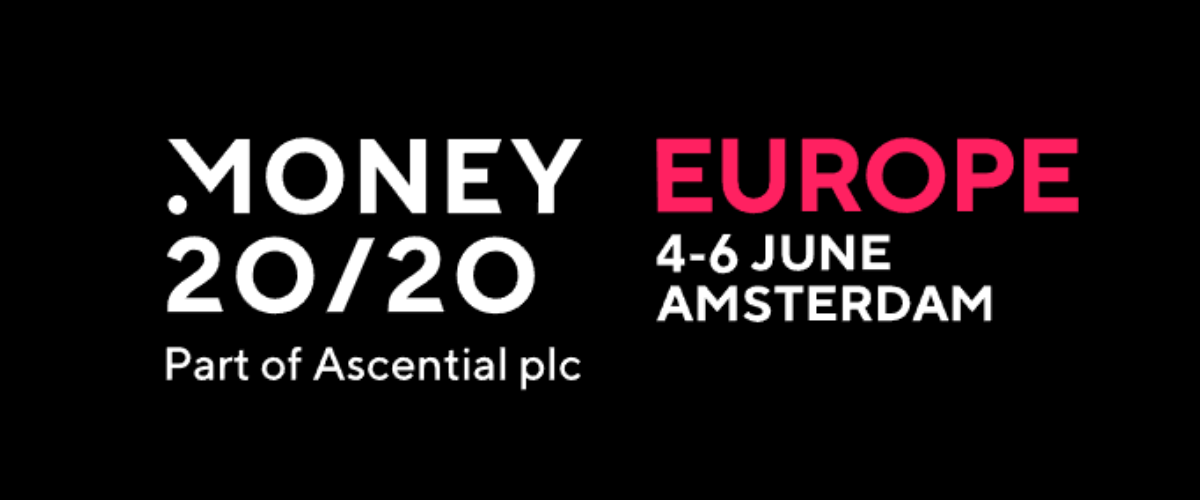Finding capital for small and medium-sized enterprises (SMEs) is always a principle concern. There are many ways to acquire funding, and amongst these are looking to governments for grants and subsidies. However, these mechanisms, along with the majority of other European funds, can be difficult to find and once found, and can be difficult to both acquire and maintain.
EU-level grants for fintech SMEs can be particularly hard to discover because there are not any mechanisms specifically targeting fintechs. At this level, the major, relevant grants are found under innovation and research and development. Grants here, though, can be difficult to acquire for SMEs. This is the case due to complex rules and regulations, and knowledge and resources required to successfully complete and maintain grants. In this article, we will discuss the most important of the these EU-level grants, explaining what they are and what they have to offer for fintech SMEs.
Horizon 2020
EU-level grants for SMEs fall under the EU’s Horizon 2020 framework. Although not specifically earmarked for fintech, this programme for research and innovation focuses on delivering innovative ideas to the market while minimising barriers. Horizon 2020 has funding of circa 80 billion EUR between 2014-2020, excluding funds given by investors, and is open to everyone.
The framework has a specific funding area geared towards SMEs, and as of July 2017 it has given close to 3.5 billion EUR to them. SME assistance focuses on tailoring support for companies that have ground-breaking ideas so they can increase their market potential. As such, targeted help comes in the form of an SME instrument that offers phased assistance specifically targeting companies who want to expand internationally. The three phases are as follows:
- Feasibility Assessment—discerning the commercial and technical merits of a company’s innovation. Up to EUR 50,000 is available here, with the duration being a maximum of six months. The deliverables for this phase are feasibility study and a business plan.
- R&D Demonstration—activities under this phase include scaling-up, prototyping, testing, pilot development, etc., with the goal of preparing an innovation for future investment and the international market. EUR 500,000 – EUR 2.5 million or more is available, which covers up to 70% of eligible costs. This phase usually lasts one to two years. Deliverables include a market-ready product, service, or process and a business innovation plan.
- Business Acceleration—There is no funding in this phase, which is indented to taking advantage of the activities carried in the previous two phases by delivering support services in a number of areas. These areas include help for applying for EU risk finance, connecting with private investors and customers via brokerage events and activities, and assisting in further preparation for investment readiness.
Eurostars Joint Programme
A second EU-level mechanism relevant for fintech SMEs is the Eurostars Joint Programme, which promotes transnational collaboration for R&D SMEs. This joint programme between EUREKA and the European Commission is co-founded by the above Horizon 2020 mechanism, and has a 2014-2020 public budget of 1.14 billion EUR.
As fostering collaborating is at the heart of the programme, it takes a bottom-up approach, supporting the development of innovative products, processes, and services that both can be quickly marketed and will help improve the daily lives of people all over the world. Interested parties can find eligibility and application information here.
Start-up and Scale-up
The last mechanism that is of interest to fintech SMEs is the Start-up and Scale-up initiative. This EC initiative began in 2016, with the purpose of marshalling the EU’s resources to help start-ups grow.
It accomplishes this by removing barriers for start-ups and scale-ups regarding regulatory and administrative rules, creating new opportunities, and simplifying the procedures that give companies access to finance. However, information on how companies can access these resources is difficult to find.
By Elliot Lyons, Research Analyst



